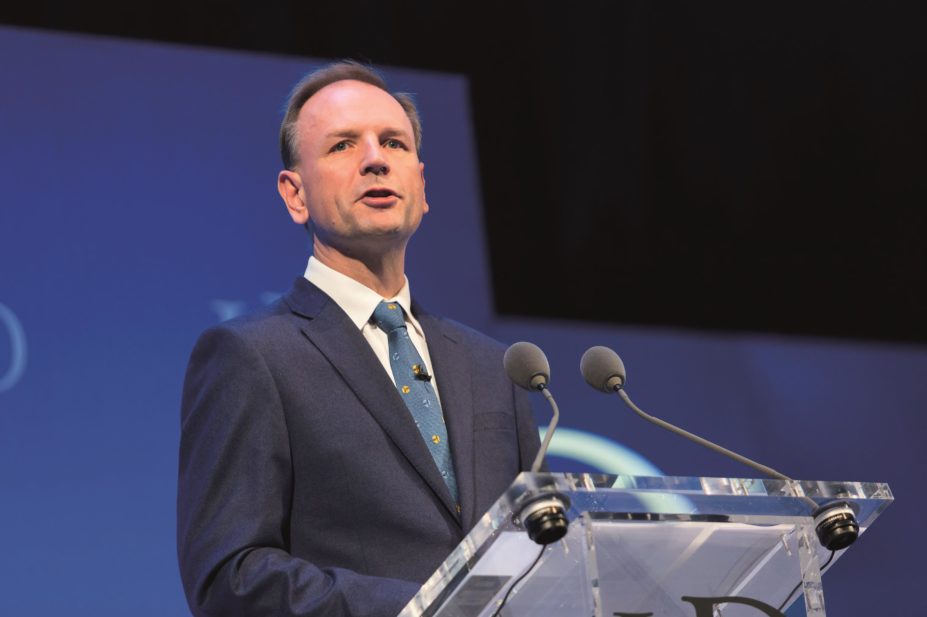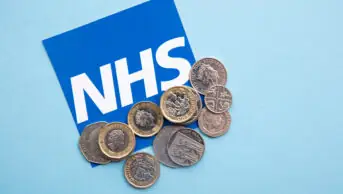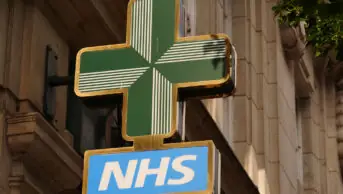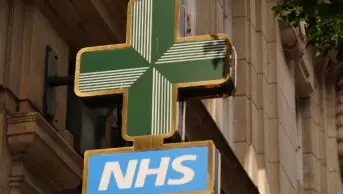
Vickie Flores / LNP / Rex / Shutterstock
On 14 September 2016, Simon Stevens, chief executive officer of NHS England, appeared in front of the Public Accounts Committee — which scrutinises the value for money of public spending and holds the government and its civil servants to account for the delivery of public services — to answer questions on NHS funding.
The topic of the community pharmacy funding cuts, announced by the Department of Health in December 2015 and expected to be confirmed imminently, was discussed by the committee. In response to a question from Labour MP Karin Smyth, Stevens said that community pharmacy is ”hugely valuable” in this country, but that we are spending around £2.8bn in order ”to dole out” £8.0bn worth of medicines.
Hearing that community pharmacy is hugely valuable under these circumstances might best be described as being damned with faint praise. Of course, Stevens did not mention any of community pharmacy’s other functions, such as public and sexual health initiatives, medicines optimisation and minor ailments schemes. Nor did he show any recognition of the social capital, or collective social value, of the network that pharmacies create in towns, communities and on high streets.
Community pharmacists provide comprehensive care for patients; they do not just pick up packets of tablets from a shelf, label them and “dole” them out to patients. For Stevens to make such remarks will do nothing to promote the standing of community pharmacists in the eyes of the public or, indeed, other healthcare professionals. Comments such as these could result in patients trusting pharmacists less – surely this is not his intention?
As far as The Pharmaceutical Journal understands, Stevens does not usually use derogatory language when talking about the hardworking healthcare professionals who care for patients in the UK. Therefore, it appears that his words were carefully calibrated to undermine the value of pharmacy in order to justify to his parliamentary audience why the funding cuts should be pushed ahead.
Given that the Conservative government pledged to support, not cut, the NHS in its manifesto, Stevens’s attempt to influence MPs in this way is unacceptable. He should let MPs look at the evidence for cuts to pharmacy funding (
The Pharmaceutical Journal 2016;296:222), of which there is very little, and decide for themselves on the best course of action.


